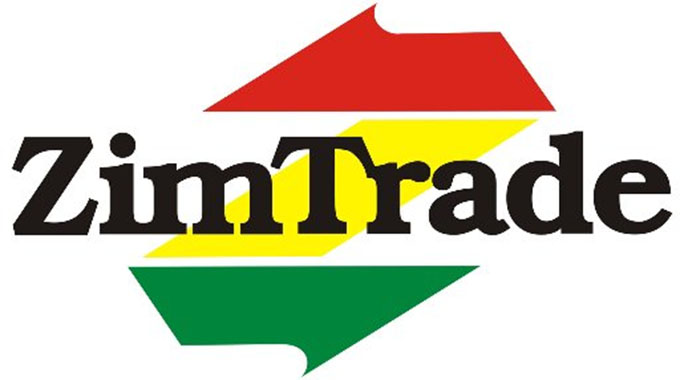Limitations of business interruption cover
All things being equal, the purpose of insurance is to mitigate against losses caused by a particular ‘event’.
Over the years, insurers have been innovative and developed numerous types of insurance covers to mitigate against various risks and ‘events’. Business interruption insurance is one such cover; it’s basically insurance coverage that replaces business income lost in a disaster.
So when many businesses were forced to shut shop around March, due to the Covid-19 necessitated national lockdown, it might have appeared to some that this was the ideal time to file a business interruption insurance claim.
But it is increasingly becoming clear that respiratory pandemics (and perhaps Covid-19 specifically) doesn’t constitute a “disaster” at least according to most business interruption policies.
Covid-19 is an infectious disease caused by a newly discovered coronavirus.
Insurance Council of Zimbabwe (ICZ) executive officer Tendai Karonga, recently said despite offering business interruption insurance, local insurers have not experienced a significant jump in claims.
“The Zimbabwe insurance industry has not been inundated with claims intimated on Covid-19 as a proximate cause. Policies in force when the pandemic was declared did not cover such a risk.
“Most insurers had introduced exclusion clauses for communicable diseases and epidemics/pandemics into most non-life products such as business interruption and travel following lessons from the SARS outbreak of 2003,” said Mr Karonga.
But that’s largely due to the fact that most business interruption policies did not speak specifically, to a respiratory pandemic of this magnitude.
Economic commentator Chris Chenga, said the key issue is how the specific business interruption insurance cover is modelled.
“The issue of Covid-19 is whether or not insurers had products that the disease fits into. Covid-19 is a health disruption, particularly a respiratory disease. Does that fit into standard business interruption definitions?
“Secondly, each client has to explain how it cannot continue business activities with a respiratory disease in the environment. For instance, digital companies can typically carry on, compared to sports businesses,” said Mr Chenga.
‘And Government restrictions such as work hours and crowd limits must be factored into each client’s business activities to justify the level of interruption and justification of claims.”
And to be fair, the disruption caused by Covid-19 is unprecedented.
As at October 22, 2020 World Health Organisation (WHO) data placed the total number of cases globally at 41,7 million, while deaths totalled 1,14 million.
Mr Karonga said compelling the insurers to pay business interruption claims as a result of Covid-19 can be potentially devastating to insurance companies.
“Financial regulators and legislators in some countries are advocating or working towards policies that will compel insurers to pay business interruptions claims resulting from the Covid-19 lockdown whether covered by insurance policies or not.
“Due to the magnitude of some claims either insurers or clients will go bankrupt if the legislation was introduced,” he said.
But this is exactly what happened in the United Kingdom after that country’s Financial Conduct Authority (FCA) approached the courts for legal clarity on business interruption insurance claims impacted by Covid-19.
And last month, the High Court ruled that the majority of businesses that held business interruption insurance and were closed due to the pandemic were entitled to be compensated by the insurers.
Mr Karonga also said South African insurers agreed to pay some business interruption claims despite the pandemic not being covered under clients’ policies.
To the extent that the current business interruption insurance has proved to be limited, other observers say this presents great scope for insurers to innovate further.
Earlier in May, Insurance and Pensions Commission (IPEC) commissioner Dr Grace Muradzikwa said opportunities for novel insurance cover still exist.
“Certainly there are gaps in cover that have been exposed and the industry should come out of this with some responses that they can offer to clients. There are opportunities there,” she said during a virtual African Insurance CEO Summit, adding that effective pandemic-specific insurance policies will lessen the burden on Governments.
“Our governments have had to rise up to the challenge and provide the various safety nets, which otherwise would not have been necessary if policyholders had taken the necessary covers.”
Developing innovative pandemic-specific business interruption policies will ensure that insurers come up with policies that will work for them, as opposed to having the courts decide these issues on their behalf.-sunday,ail












